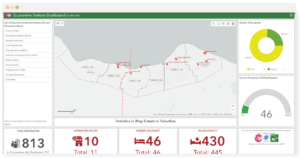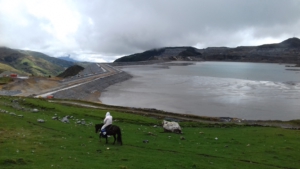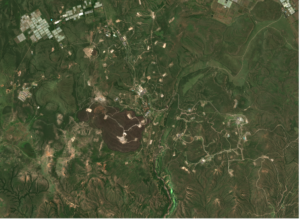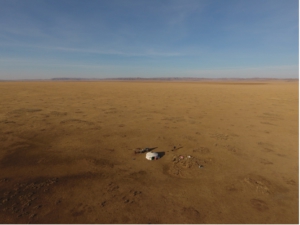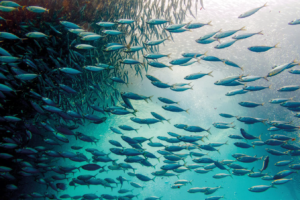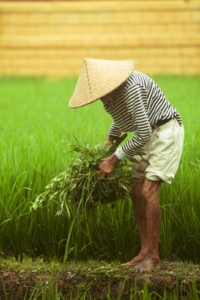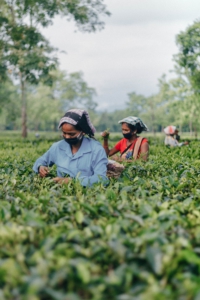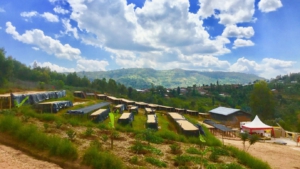Space technology changes the landscape of dengue fever management
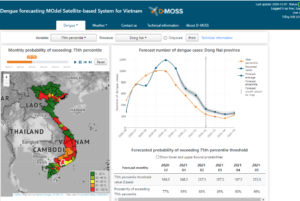
Space applications provide new tools that improve lives in many areas, and health is one of them. Earth Observation (EO) data can be incorporated into models that help detect, monitor or predict disease, providing policymakers with the opportunity to control an epidemic, respond more quickly to disease outbreaks and act to prevent or mitigate health […]
